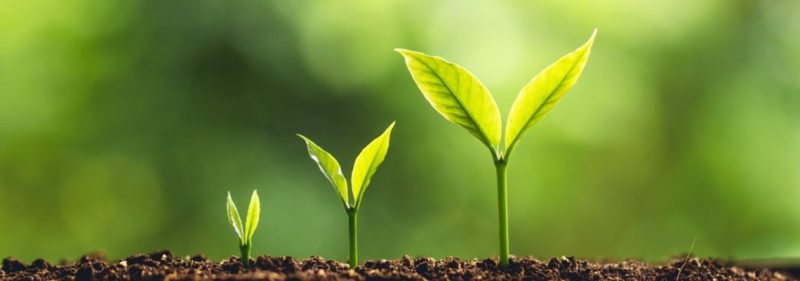Research Learning Experiences are 100 and 200-level courses that engage students in inquiry, research, and creative activity that is hands-on, open-ended, and shaped by discoveries that occur during the course. RLEs support our students’ transition from passive knowledge consumers to active knowledge producers. All RLE courses involve:
- student-focused, inquiry-based learning, research, and creative activity, and
- student-directed work that aligns with professional practices in a particular field,
- student-led inquiry and creative activity that has meaning that students can see outside of the classroom.
First-year RLE’s are restricted to new, first-year students only. These RLEs include immersive, experiential, and hands-on learning experiences early in the semester, normally outside of regularly scheduled class times. RLE class schedules in Maine Street provide details on dates and activities for our first-year RLE immersion experiences. Immersion experiences involve students in
- fun, hands-on, learning in USM’s experiential learning spaces and off campus locations
- building relationships with other students and with instructors
- developing skills of inquiry, investigation, and application that students can apply in their course, throughout their first year, and beyond.
Advanced RLE’s also involve hands-on and experiential learning, but normally within regularly scheduled class times, and these RLEs are open to all first and second year students.
Whether first-year or advanced, in all of our RLE courses, student-initiated and directed inquiry is key. Within the context of first- and second-year students’ knowledge and experiences, RLEs and A-RLEs help students themselves define, pose, and address the questions, to see how their work has relevance outside the classroom, and to understand how it connects to questions and activities that professionals in the field might ask or engage in. All RLE courses satisfy the Engaged Learning requirement and at least one other requirement in the Core Curriculum or in the major.
Fall 2024 RLE course list and descriptions
Fall 2024 RLE course descriptions
Course list:
First-Year RLES: HON 115—all sections and instructors; restricted to first-year Honors students only.
Advanced RLE’s, open to all first and second-year students:
ANT 101 #81428; Anthropology: The Cultural View; Sarah Lockridge
ART 124 #81321; Cre8; Kimberly Bentley
EGN 199 – #88624; RLE CharisMATHics; Carlos Luck
ENG 102 #8089 and #81441; Academic Writing; Tim Erwin
ENG 102 #80812 and #80806; Academic Writing; Elizabeth Dodge
ESP 101 #80919; Environmental Science and Sustainability; Karen Wilson
ESP 102 #80920, #80921, #80922; Fundamentals of Environmental Science Laboratory; Karen Wilson and Linda Woodard
TAH 150 #81402; Professional Practices Immersion in Tourism & Hospitality; Tracy Michaud
Grant Support:
RLEs are supported through the generosity of the Alfond Foundation funding for UMS Transforms. Grant funding may be used to pay for a range of expenses associated with the development and launch of RLEs, including stipends for faculty course redesign, and course mini-grants to fund student access to and engagement with immersive, experiential learning on and off campus.
UMS Transforms- Research Learning Experiences Program Learning Outcomes and Assessment
Cognitive Outcomes (changes in cognitive skills
1. Students will formulate appropriately scoped topics or questions that will guide their scholarly exploration.
2. Students will describe their iterative approaches to exploration for work without a defined answer.
3. Students will effectively communicate with collaborators about their experience.
4. Students will demonstrate responsibility for the discovery process.
Dispositional Outcomes (changes in beliefs or attitudes)
1. Students will identify the relevance/applicability of their experience beyond the RLE course.
2. Students will reflect on how their exploratory process has helped them develop as learners.
3. Students will explain the importance of belonging to a community for their learning.
For faculty: RLE Course Proposal Information
For more information, contact Susan McWilliams.


